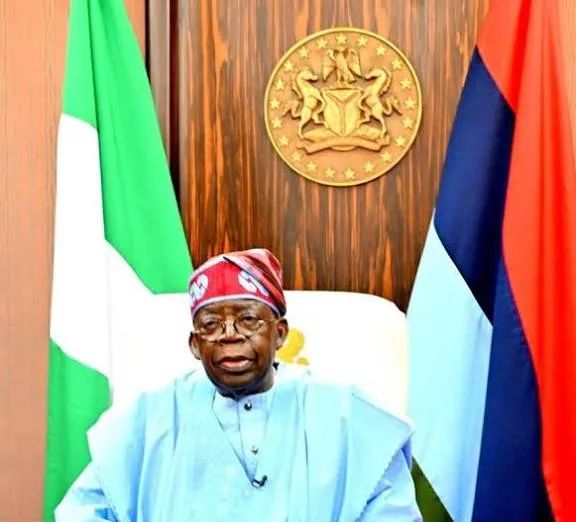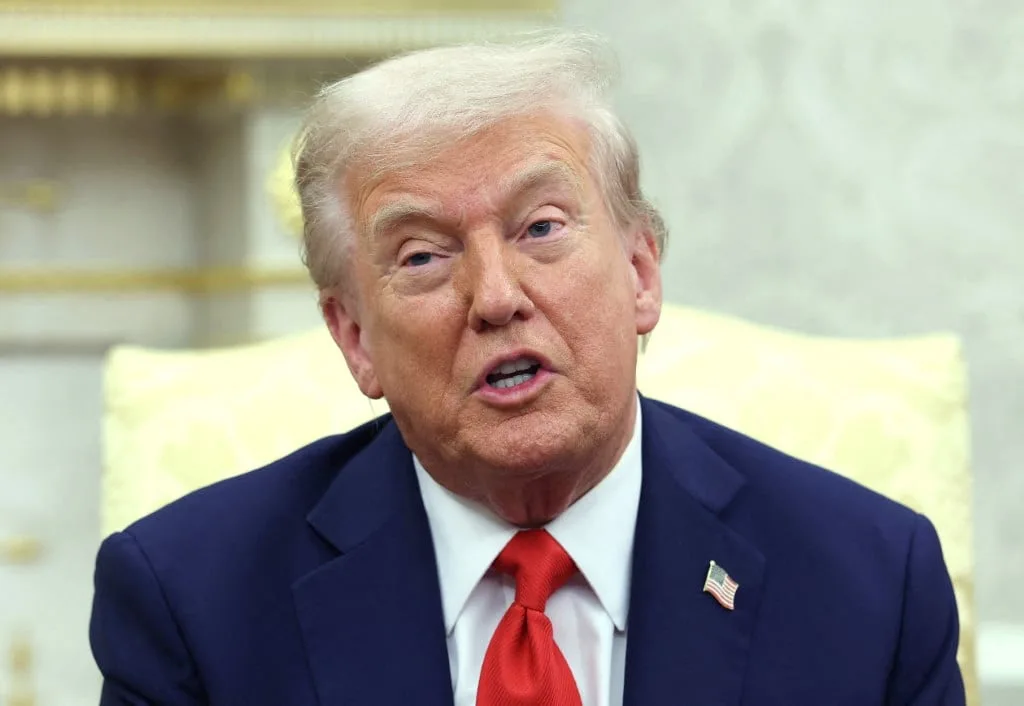On October 1, 2025, President Bola Ahmed Tinubu addressed the nation to mark Nigeria’s 65th Independence anniversary. His speech came at a time when many Nigerians are struggling with high food prices, job losses, and the effects of economic reforms. The question for the ordinary Nigerian is simple: what does this speech really mean for daily life?
1. Acknowledgement of Hardship
The President openly admitted that citizens are going through difficult times. He said he “hears the cries of Nigerians” and asked for patience, insisting that the reforms his administration has introduced are beginning to yield results.
For the common man, this acknowledgement may sound reassuring, but it also reflects the reality that hardship is far from over.
2. “The Worst Is Over” – A Message of Hope
Tinubu declared that “the worst is over,” citing improved economic numbers:
- GDP grew by about 4.2% in the second quarter of 2025.
- Inflation, though still high, has reportedly eased to 20.1%.
- Nigeria’s external reserves stand at about $42 billion.
- Oil production has increased, and trade surpluses were recorded.
While these figures sound positive, many Nigerians may not immediately feel the impact. A family struggling to buy garri, rice, or petrol may wonder how GDP growth connects to their daily survival.
3. Social Investment and Palliatives
The President said over ₦330 billion has been disbursed to about 8 million vulnerable households.
For the average Nigerian, this could mean temporary relief – but questions remain: Who actually gets this support? Is it reaching the poorest, or is it swallowed by bureaucracy and corruption?
4. Infrastructure and Jobs
Tinubu promised continued work on roads, railways, and ports, saying such investments will create jobs and reduce the cost of moving goods.
For traders, farmers, and transport workers, this could be meaningful if implemented – cheaper transport could lower food prices and ease business. But Nigerians have heard such promises for decades; trust will depend on visible action.
5. Unity and National Pride
The President called on citizens to remain united and not lose faith in Nigeria. He reminded the nation of the struggles of independence and insisted that “better days are ahead.”
For the common Nigerian, this is an appeal to keep hope alive despite present frustrations.
Analysis: Between Words and Reality
- Positive signs: The President’s tone was hopeful; he provided statistics to show progress and acknowledged people’s pain.
- The gap: Many Nigerians may not feel these improvements yet. Daily struggles with food, rent, fuel, school fees, and insecurity overshadow economic jargon.
- The risk: If reforms don’t translate into real relief soon, trust in government promises may further decline.
Conclusion
President Tinubu’s Independence Day speech was designed to reassure and inspire hope. It offered numbers and promises meant to convince Nigerians that the country is on the right path.
But for the common man, the key question remains: “When will I feel these changes in my pocket?” Until food prices fall, jobs increase, and life becomes easier, speeches alone may not be enough.





